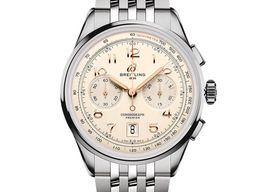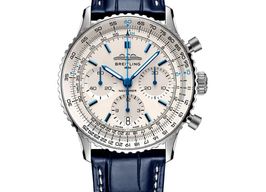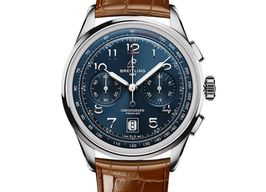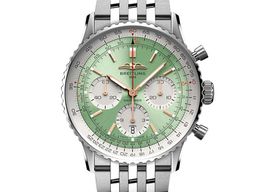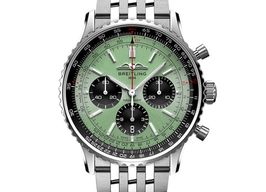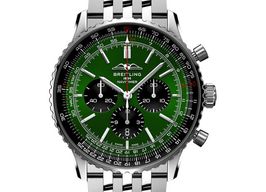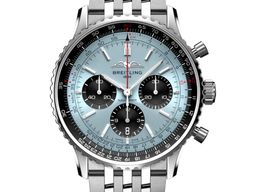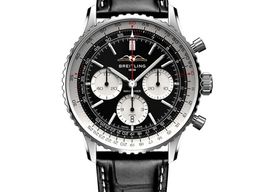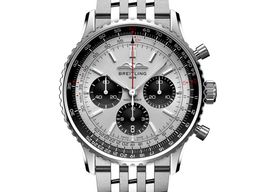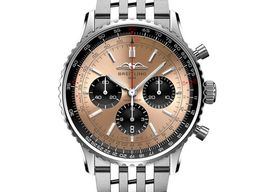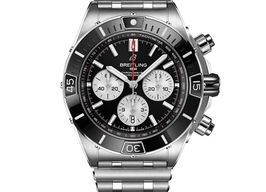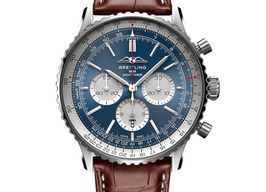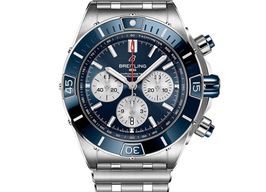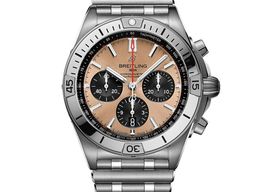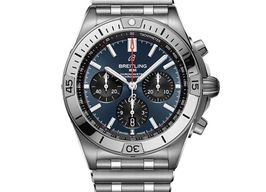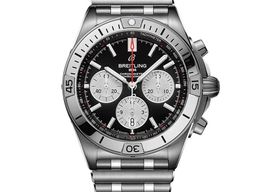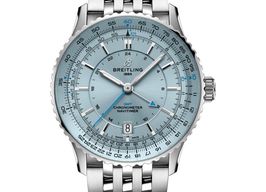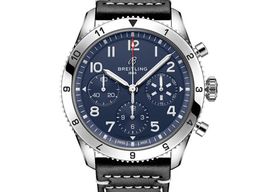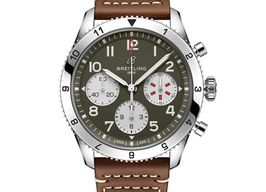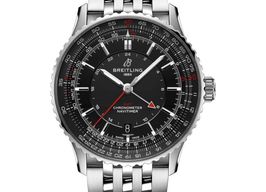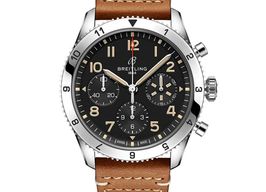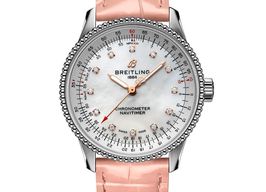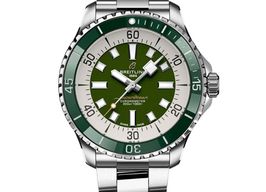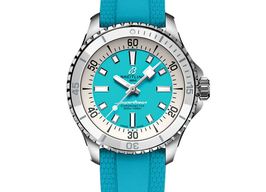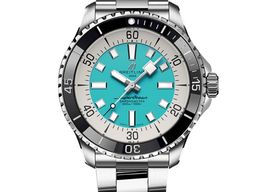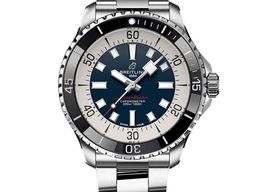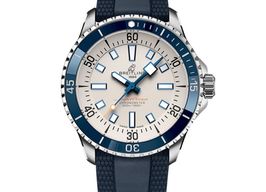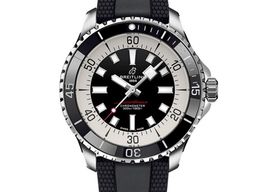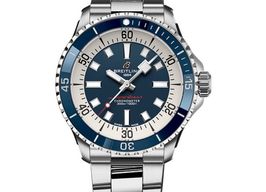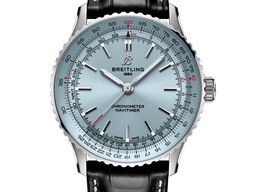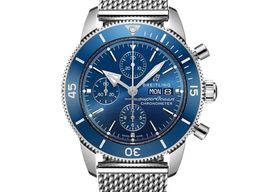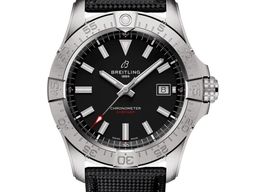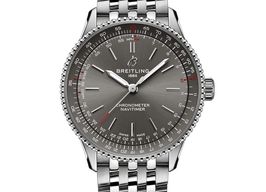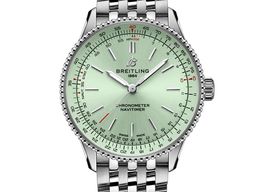
Automatic luxury watches
25.000 results
Sort by
- 100% Authentic watches
- Safe delivery or pick-up
- Warranty and easy returns

- 100% Authentic watches
- Safe delivery or pick-up
- Warranty and easy returns

- 100% Authentic watches
- Safe delivery or pick-up
- Warranty and easy returns

What are Automatic Watches?
Automatic watches seem like they are too good to be true. Free energy? Don’t think so. Automatic watches are also known as self-winding watches. They use the motion of the wearer’s arm to power the watch’s movement. Unlike Quartz watches, which work on batteries, automatic watches use mechanical energy to keep accurate time. Automatic movements rely on lots of different small moving parts which indicate their craftsmanship.
How do Automatic Watches Work?
The magic behind these automatic watches lies in their movement which uses a self-winding mechanism. Inside the watch, there is a rotor which moves because of the centrifugal force created by the motion of the wearer’s arm. This rotor winds a mainspring, which stores the energy. As the mainspring unwinds, this energy is released through the escapement which powers the gears and hands that indicate the time.
Lots of different technical terms, but basically, your movement makes the watch work. This ingenious design eliminates the need for manual winding, or the change of your watch’s battery. As long as you move while wearing the watch, your watch keeps running. When you stop moving, your watch will run on the power reserve stored in the mainspring. This can be anywhere from 40 hours up to 80 hours or even more.
Features of an Automatic Watch
Luxury automatic watches are known for some renowned features. Automatic’s often exhibit craftsmanship and attention to detail, both in their exterior design as in their internal movement, often seen when a watch has a see-through case back.
These watches can include any complications, from date displays, to chronographs or even tourbillons. Additionally, luxury automatic watches are often produced with very high quality materials, such as precious metals like gold and sapphire crystals.
History of Automatic Watch Movements
Automatic watch movements already exist a long time. In the end of the 18th century, watchmakers developed early versions of automatic movements by using oscillating weights. Only in the early 20th century the automatic movement we know now, became widely adopted.
In 1923, Rolex introduced the fist commercially automatic watch, marking a huge milestone in the history of watches.
Care and Maintenance of Automatic Watches
When you opt for an automatic watch, there are some things you need to take in to account. When looking at an automatic watch movement, in comparison to a Quartz watch, there are a lot of moving parts. And usually, moving parts suffer from damage because of friction.
That is why it’s very important to make sure your automatic movement gets well taken care off. It needs to get some new oil and cleaned regularly. We recommend getting your modern automatic watch serviced once every 6 years. This will help maintain its beauty and functionality, and make sure it will last you a lifetime.
Pricing of Automatic Watches
Automatic watches usually are a bit pricier compared to battery powered Quartz watches. This is mainly because these movements require a lot more craftsmanship because of the precisely manufactured moving watch parts.
Entry-level luxury automatic watches start anywhere close to €1.000 and above, depending on the brand, model, materials used, complications or more.


